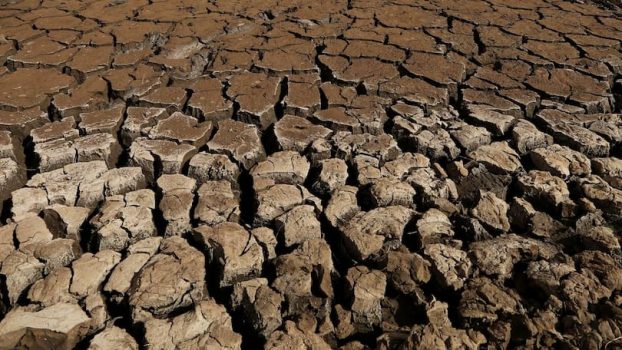Although winter might officially be here, this year’s rainfall has been significantly lower than in previous years. The last 6 months have had little to no substantial rainfall leading to almost no moisture in the soil which is leaving farmers concerned. Many across the state have been dry seeding and are not sure how they are going to get through the rest of the season with little rain due in sight — leaving many to create significant changes to the cropping program. According to Wagin Farmer Ben Ball “The way this season is panning out, we are in danger of burning a bit of money.
Mr Ball has had to change his 2019 program to abide by the dry climate. Previously he planned to put in 500 hectares of canola, but with no summer rain, there was no subsoil moisture to be able to put into the growth for the crop. He has had to make dramatic changes to his program as the lack of moisture has deterred him from cropping canola.
Traditionally lupins have always been a consistent part of the program with up to a third of their crop in lupin. Mr Ball says “Lupins don’t like a dry start, finish or frost. When they are good, they are excellent, but when they are poor, they are very poor.” This has led to the demise in hectares they have put in because of the variabilities being too high to crop. With farmers having to dry seed as a result of the lack of rainfall. There are plenty worried about the germination of their crops.
The Bureau of Metrology has predicted a warm and dry winter for the South-East. Which coincides with Grain Industry Association of Western Australia (GIWA) releasing reports saying the intended canola areas had decreased with only 1.4 million hectares of canola production planned. BOM Spokesmen Neil Bennett stated “We’ve had a very dry autumn, but we also had a very dry summer and late spring” “It’s been an exceptionally long dry period and that has meant it is unlike previous years where we have had rainfall in the summer season” “We didn’t see that this year”.
Perth posted its second-driest May on record as it collected 17.8mm. These conditions are certainly putting the pressure on farmers. Welcomed rainfall hit over the weekend which was seen across the Midwest and Wheatbelt including Southern Cross who scored 14.2mm, Cunderdin with 10.5mm and Dalwallinu with 10mm. Luke Rushby from the Wheatbelt who works for CBH said: “Any rain out this way is good for the farmers,”.
Source: Farm Weekly, Dry could see lots of money burnt – Travis King,
ABC, Perth weather shows the second-driest May on record as winter starts with a warm stretch – Irena Ceranic

